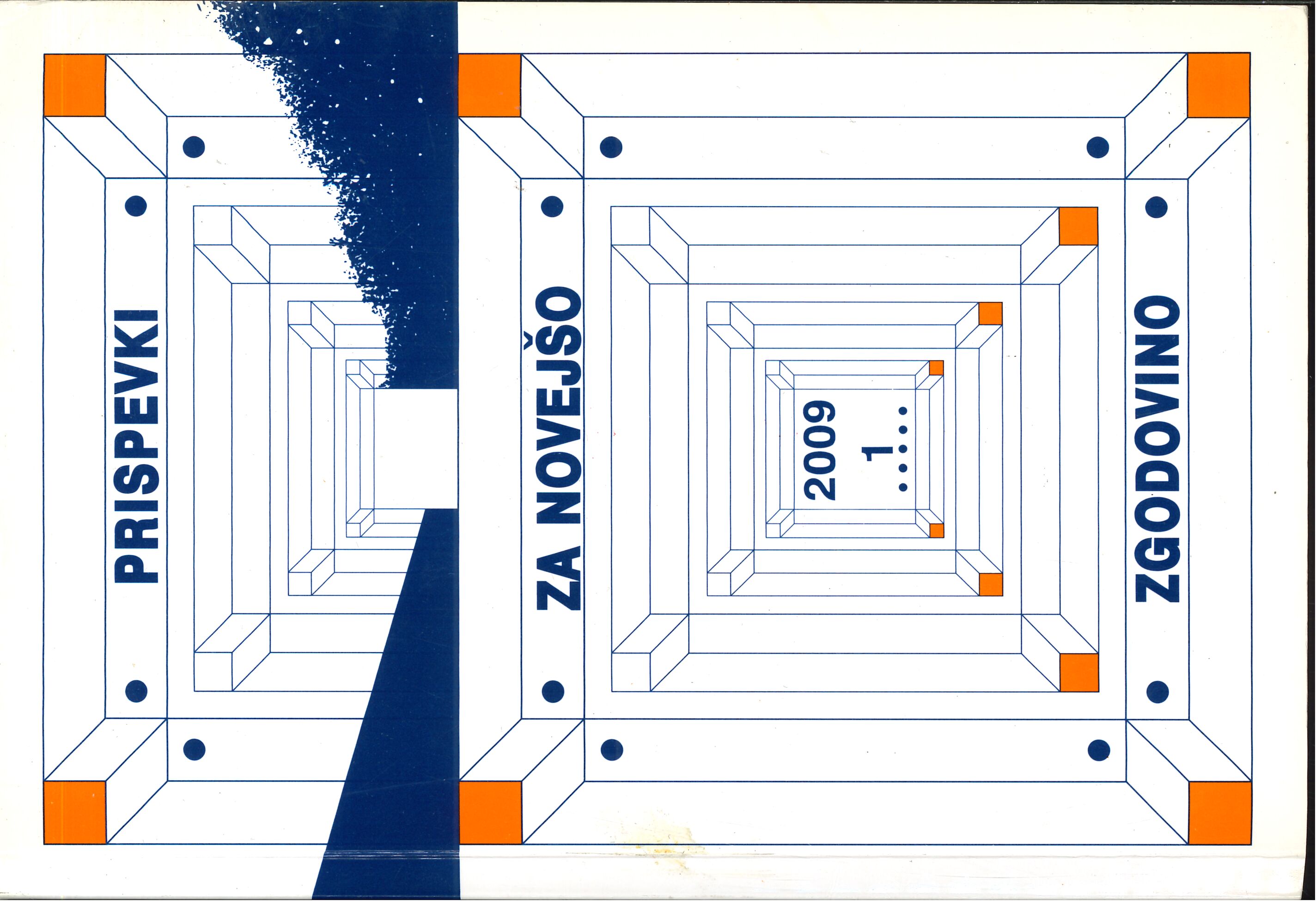Controversies about Cuore (Heart) by De Amicis at the Turn of the 19th Century (an example of a cultural struggle)
Keywords:
Edmondo De Amicis, Cuore (Heart), Anton Mahnič, cultural struggle, women's issueAbstract
The author of the following article analyses the controversies which took place in the end of the 1880s and in the beginning of 1890s, especially in 1892 and 1893 after the Slovenian translation of the work of youth literature Cuore (Heart) by the Italian writer Edmondo De Amicis. The book (whose translation was distinctively adapted to the Austrian sociopolitical circumstances) was fought over by the established theologian and editor of the Rimski katolik publication Anton Mahnič, who was very critical of this work, and the advocates of the book, whose most intense representative was a young teacher from Trieste, Marica Nadlišek, mother of Vladimir Bartol. The debate did not simply concern the contents of the book, but had also to do with artistic freedom and women's issues. After all, it also contained elements of an ideological conflict between two typical representatives of the Slovenian cultural struggle: a liberal (female) teacher and a Catholic priest.
Downloads
Published
Issue
Section
License
Authors who publish with this journal agree to the following terms:
- Authors retain copyright and grant the journal right of first publication with the work simultaneously licensed under a Creative Commons Attribution License that allows others to share the work with an acknowledgement of the work's authorship and initial publication in this journal.
- Authors are able to enter into separate, additional contractual arrangements for the non-exclusive distribution of the journal's published version of the work (e.g., post it to an institutional repository or publish it in a book), with an acknowledgement of its initial publication in this journal.
- Authors are permitted and encouraged to post their work online (e.g., in institutional repositories or on their website) prior to and during the submission process, as it can lead to productive exchanges, as well as earlier and greater citation of published work (See The Effect of Open Access).


